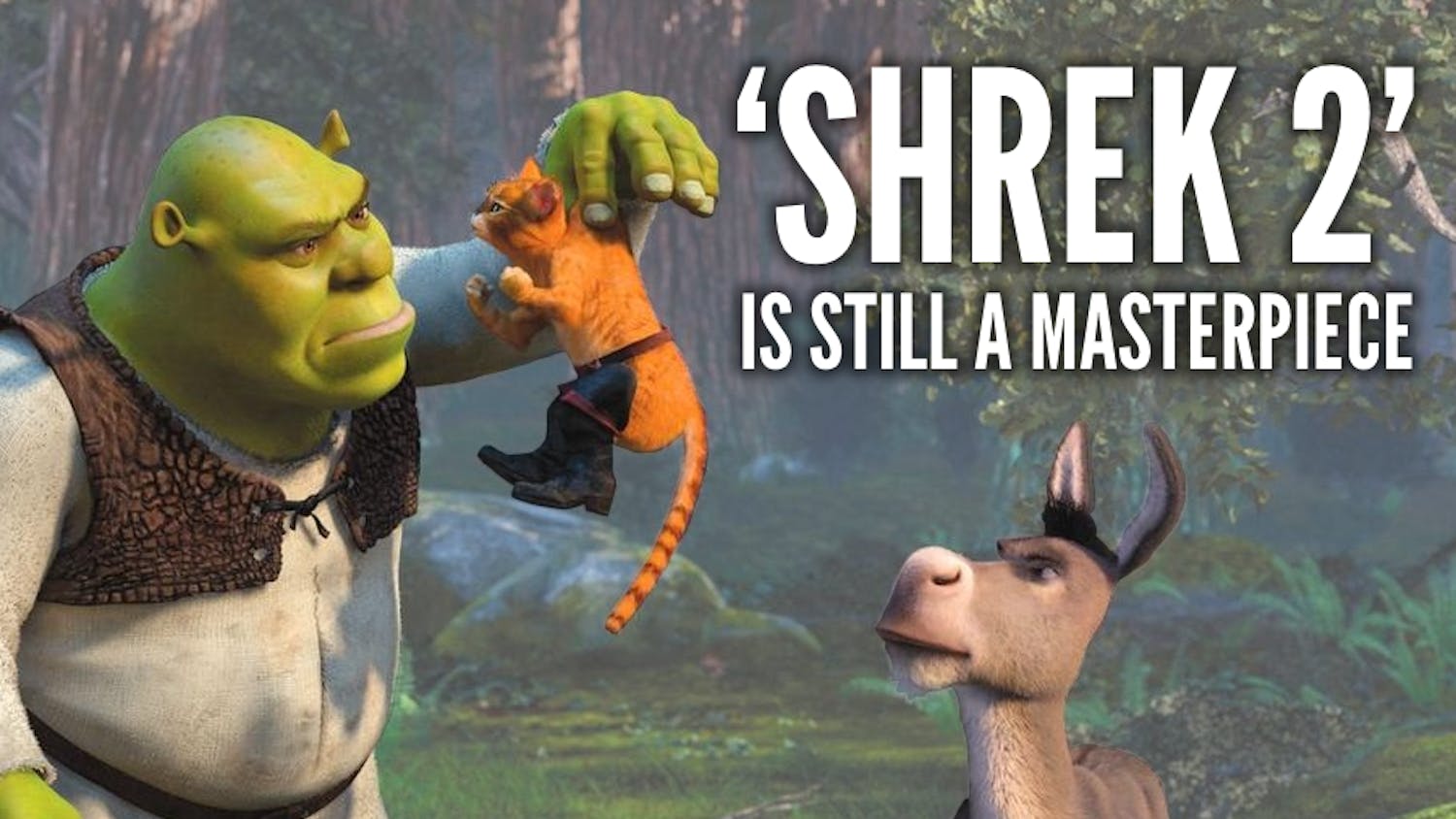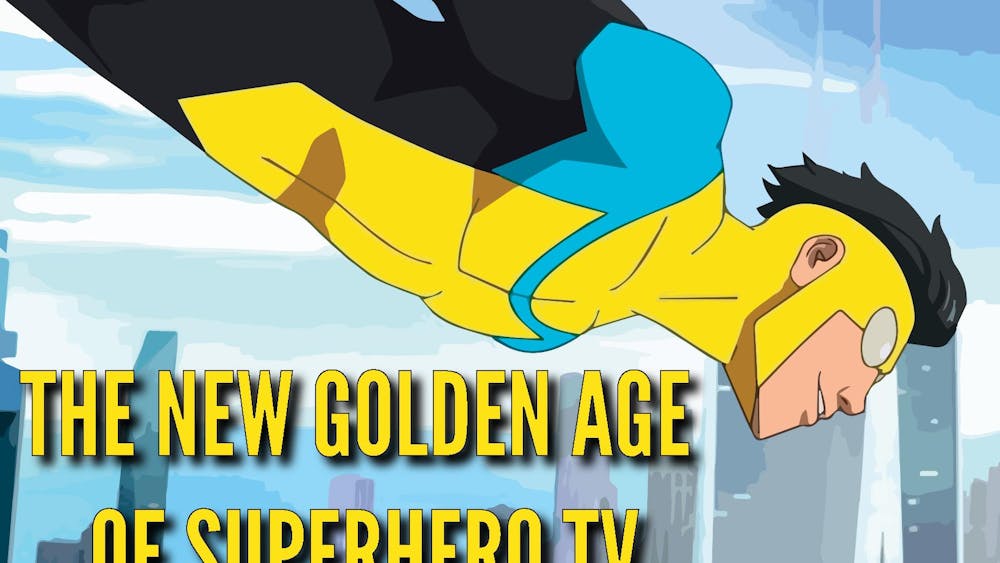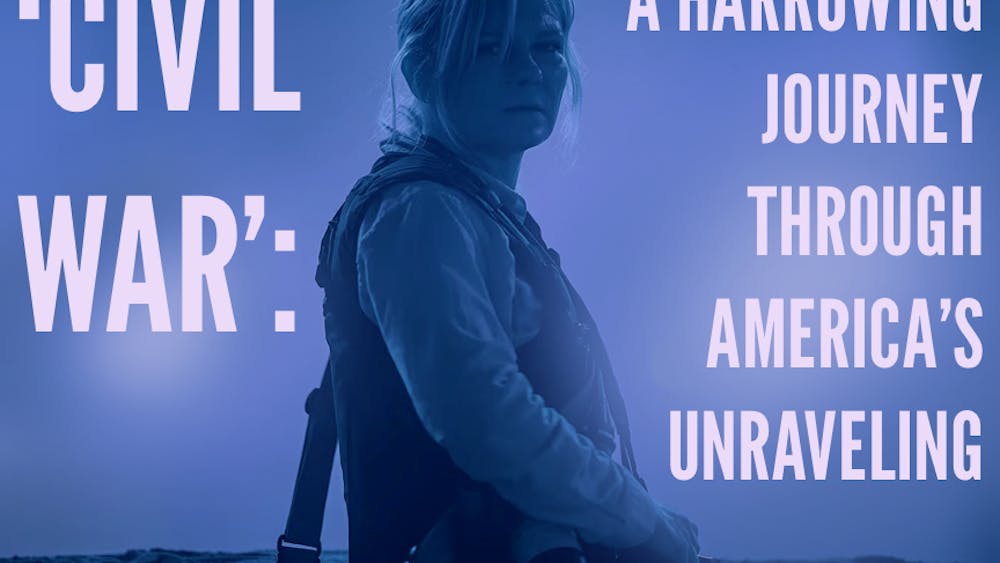
This year, we watched biographical movies take over. Stars like Reese Witherspoon, Eddie Redmayne and Benedict Cumberbatch went sans makeup, lost weight and committed themselves to portraying the enlightening, and often overlooked, lives of influential, transformative and inspirational real people.
Benedict Cumberbatch stars in “The Imitation Game” as Alan Turing, a British mathematician and logician who, through his work for the Allies in World War II, is regarded as the father of theoretical computer science and artificial intelligence and is credited with shortening the war in Europe anywhere from two to four years.
The film focuses on Turing’s grapple with social skills, the Nazi’s “unbreakable” Enigma code and his sexuality. He eventually overcomes both his unamiable tactics and the Enigma code with help from Joan Clark, played by Keira Knightely, a talented female mathematician battling sexism in a plot that could warrant its own movie. Unfortunately, the government steps in to attempt to fight the third battle, his homosexuality, for him. Forced to take government mandated hormone therapy, the film brings to light the horrific effects bigoted tactics had on history.
Cumberbatch wasn’t the only chiseled Brit to portray genius on screen this year. Eddie Redmayne took on the role of Stephen Hawking in “The Theory of Everything.” Redmayne studied Hawking’s life for four months and interviewed more than 30 patients at a neurology clinic in London to understand the effects and stages of ALS, the motor neuron disease Hawking was diagnosed with at 21.
His work paid off as Hawkings, now 71, was so pleased with the film that he allowed the filmmakers to swap the synthetic voice they had been using for him with his own trademarked version.
Reese Witherspoon stars in “Wild” as Cheryl Strayed, a woman dealing with sex and drug addiction, a divorce and the death of her mother who decides to hike the entire Pacific Crest Trail. The movie is based on Strayed’s autobiographical Oprah-approved New York Times bestseller by the same name.
Cheryl Strayed spoke to Mother Jones magazine on the role she played in filming, saying “I'd give Reese tons of advice about the character and backpacking, and teaching her how to do this, that and the other thing. The art department looked at pictures of my family and the prop people took my backpack.”
Witherspoon had an opportunity to flip their mentor/mentee roles, bringing Strayed as her guest to the Golden Globes.
Tim Burton’s “Big Eyes” stars Amy Adams as Margaret Keane, an artist famous for her paintings of people with big eyes. The film focuses on Keane’s struggle for recognition as her husband Walter Keane, played by Christoph Waltz, takes credit for her work as people are more likely to buy art created by a man.
David Oyelowo (“Interstellar,” “The Butler”) depicts Martin Luther King Jr. in “Selma,” a chronicle of the march from Selma to Montgomery, Alabama, in 1965 for equal voting rights. The film stands as a timely reminder of the work that went into advancing the U.S. past the color barrier, the power of progressive thinking and the consequences of injustice. It has received rave reviews, with Time’s Richard Corliss naming it the Film of the Year and calling it “a reminder that the ‘American Problem’ has yet to be solved.”
“Unbroken,” directed by Angelina Jolie, stars Jack O’Connell — a relatively new face among the stars in this year’s other biopics — as Louis Zamperini, childhood delinquent, Olympic distance runner and World War II P.O.W. in Japan. The film is adapted from Laura Hillenbrand’s No. 1 New York Times bestseller, which my grandma gave me back in 2011 (shout-out Gretchen) but I put off until the subsequent movie release to read in a race against my dad over break. (It ended in a tie, which is normally never an acceptable end to any competition in our house. But neither are reading races so…)
Seeing Zamperini starving on a raft in the middle of the ocean, taken to P.O.W. camps and routinely beaten will have you wondering, as I did throughout the book, how he is still alive — until the next unfortunate turn unfolds.
Clint Eastwood's "American Sniper," released Jan. 7, is based on Chris Kyle's autobiography "American Sniper: The Autobiography of the Most Lethal Sniper in U.S. Military History." The film, starring Bradley Cooper, delves into Kyle's struggle to balance his duty to his country with his love for his family. Vanity Fair's Buzz Bissinger called Cooper's performance "one for the ages."
This year’s biopic films let us delve into inspiring, real stories. It is eye-opening to see Benedict Cumberbatch on screen and realize you know the contour of his cheekbones by heart and read about what he ate for dinner last week in US Weekly, but you never knew the name of the man who invented artificial intelligence or the scrutiny he faced.













